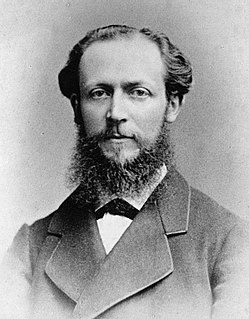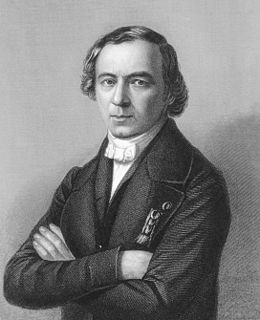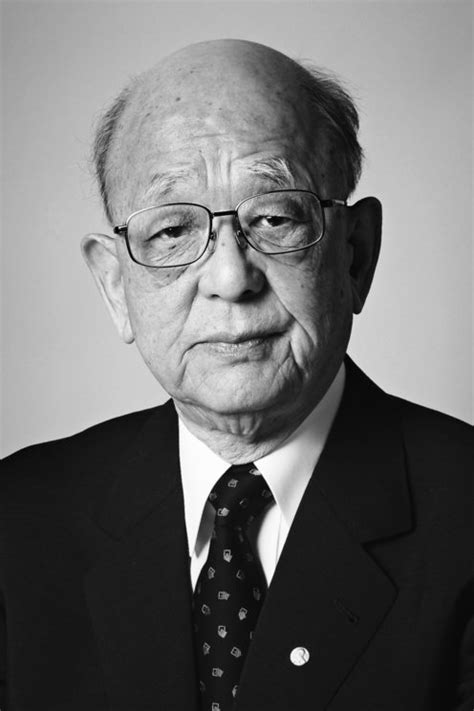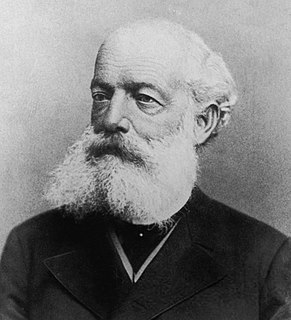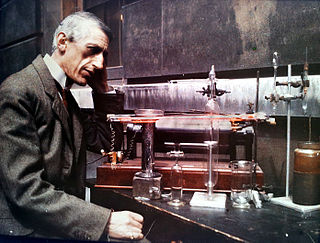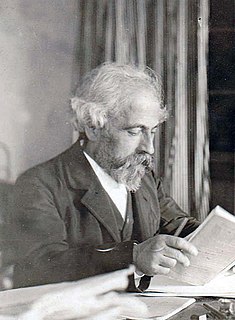A Quote by Otto Wallach
In organic chemistry, we have learnt to derive from compounds containing only carbon and hydrogen, i.e. from the hydrocarbons, all other types of combinations, such as alcohols, aldehydes, ketones, acids, etc.
Related Quotes
Few scientists acquainted with the chemistry of biological systems at the molecular level can avoid being inspired. Evolution has produced chemical compounds exquisitely organized to accomplish the most complicated and delicate of tasks. Many organic chemists viewing crystal structures of enzyme systems or nucleic acids and knowing the marvels of specificity of the immune systems must dream of designing and synthesizing simpler organic compounds that imitate working features of these naturally occurring compounds.
Originally, the atoms of carbon from which we're made were floating in the air, part of a carbon dioxide molecule. The only way to recruit these carbon atoms for the molecules necessary to support life-the carbohydrates, amino acids, proteins, and lipids-is by means of photosynthesis. Using sunlight as a catalyst the green cells of plants combine carbon atoms taken from the air with water and elements drawn from the soil to form the simple organic compounds that stand at the base of every food chain. It is more than a figure of speech to say that plants create life out of thin air.
While conversion of sugars to ethanol is the predominant reaction, it is only one of potentially thousands of biochemical reactions taking place during fermentation. As a result, wine contains trace amounts of a large number of organic acids, esters, sugars, alcohols, and other molecules. Wine is, in fact, one of the most complex of all beverages: the fruit of a soil, climate, and vintage, digested by a fungus through a process guided by the culture, vision, and skill of an individual man or woman.
Science probes; it does not prove. Imagine Newton's reaction to an objector of his law of gravity who argued that he could not establish a universal law because he had not observed every falling apple, much less proved the law of gravity - there might, after all, be an apple that levitates! Why should a group of simple, stable compounds of carbon, hydrogen, oxygen and nitrogen struggle for billions of years to organize themselves into a professor of chemistry?
